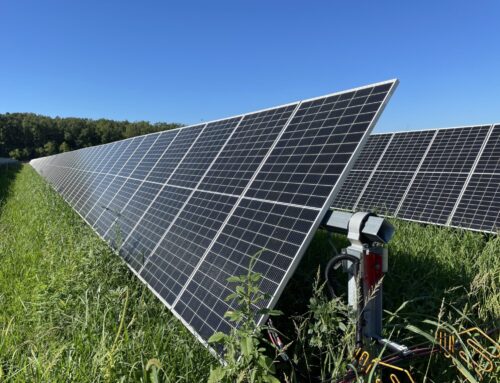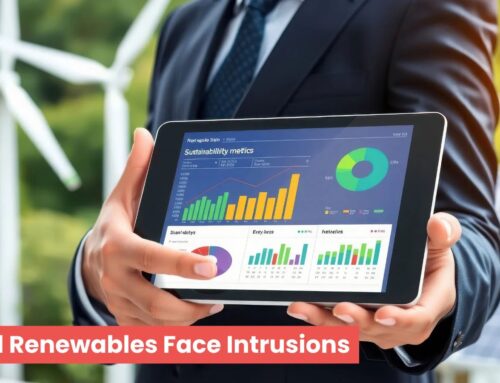What’s with Gen Z’s cannabis habits?
April 17, 2025
Cannabis use in young adults has reached historically high levels, according to a national study conducted at the University of Michigan. In Massachusetts, marijuana dispensaries have experienced significant growth since the drug was first recreationally sold in 2018. In 2024 alone, Massachusetts marijuana retailers sold over $1.6 billion worth of product, breaking sales records for the sixth year in a row. Meanwhile, public health experts are concerned with the normalization of problematic cannabis use, particularly on college campuses.
Nancy Lyons, a professor of interdisciplinary studies at Emerson College, expressed her concern with heavy cannabis use on campus.
“I’m worried that we’re seeing such frequent cannabis use, daily use for example, maybe even multiple times a day, that’s a significant increase in dependency,” she said. “I think there’s a perception that marijuana or that cannabis is not addictive. People are like, ‘it’s not physically addictive in the same way other drugs are,’ but almost all addiction is psychological.”
Lyons began working with the Wellness Center last spring to facilitate a harm reduction–based campus-wide campaign aimed at moderating drug and alcohol use habits on campus. Dubbed “Slow Your Roll,” the campaign has been providing alternative strategies to combat on campus substance dependencies since last fall.
Emerson is officially a drug-free campus, according to the college’s drug and alcohol policy. While Lyons believes completely drug-free college campuses are a noble goal, but highly unlikely, she urges students to reflect on their use habits and their role as drug consumers and users. A primary concern of hers is that marijuana has been overvalued as “a wonder drug that can solve any problem you have,” which she says “feels ridiculous.” She also feels that the expansion of the cannabis industry has led to “a huge corporatization.”
“Big Marijuana, the same way with Big Tobacco, [have] all of these corporate interests that have done a great job marketing and selling these products to younger audiences, and I worry that students think that they’re immune from such advertising, and they are not,” she said.
Lyons emphasizes the role of cannabis lobbyists who influence drug safety policy. Former speaker of the House, John Boehner, who once vehemently opposed cannabis legalization, now advocates for it as a board member of Acreage Holdings, a marijuana investment firm. Repeatedly, lobbyists encourage deregulated drug policy.
Lyons says the modern phenomenon poses a troubling landscape for young adults with spending power: “Marijuana usage is socially acceptable, it’s culturally acceptable, in a way that it has not historically been in my lifetime.”
A major concern for heavy young adult cannabis users is the impact the drug can have on neurological functioning, like decline in prospective memory and variations in hippocampal volume. Lyons emphasized that marijuana is particularly bad for knowledge retention and memory.
“It’s not a good study drug … It’s great for other things, it’s not great for learning,” Lyons said. “It’s particularly not great for brains under 25 [years old] that are still developing.”
While there has been an unprecedented acceptance of recreational cannabis use, marijuana has proven to have significant health benefits for numerous medical conditions. California has been using medical marijuana to treat patients for decades with great success. Still, the drug is only recreationally legal in 24 states.
As a public health expert, Lyons aims to target the root cause of drug use, which is often coping with both internal and external stressors. Providing students with alternative coping mechanisms is essential to reducing the potential harms of substance use on campus, she believes. Lyons believes facilitating communal spaces is vital to maintaining positive mental health. She recommends spending time with others as a way to manage stress, and has noticed that prioritizing community has been significantly beneficial for her own wellbeing.
“We’re living in a time frame right now that there is a lot to be anxious about, even for people who don’t have diagnosed or clinical anxiety disorder,” said Lyons, “so it makes sense that people might turn to substances to make themselves feel good. In public health, we like to address the root cause of problems … That can be really difficult when people might not feel in control of things.”
Search
RECENT PRESS RELEASES
Related Post




